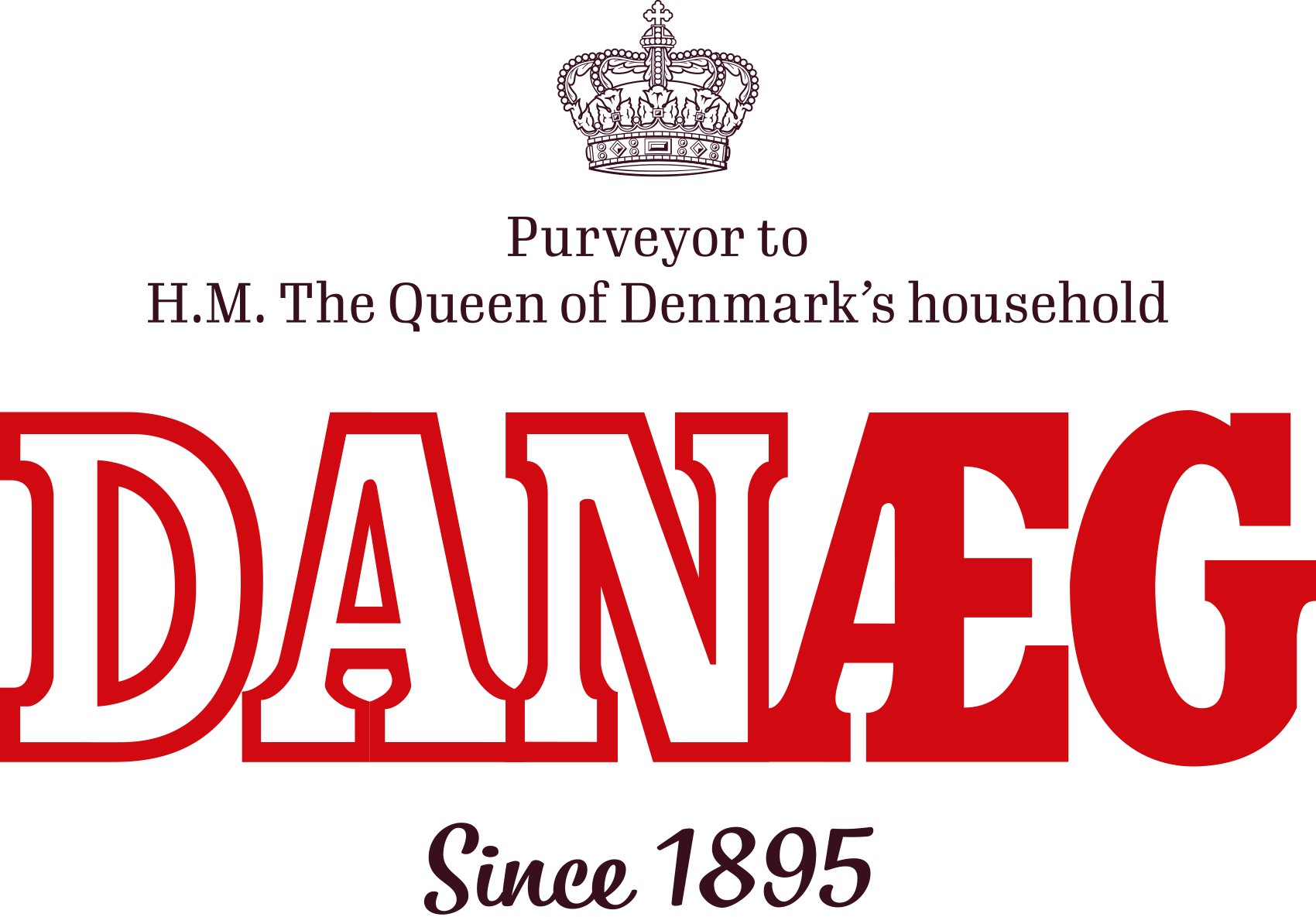ORGANIC EGGS
Organic all the way
Today, organic farming is gaining momentum and Denmark is one of the countries where consumers spend the most money on buying organic food. This is especially true for eggs: In Denmark, four out of ten eggs sold are organic. But do you know what conditions organic hens have? This is exactly what you can learn more about here.
In the barn and the hen yard
Organic hens live in a barn where there is a requirement for natural daylight - unlike the other production types. In the barn, they have access to litter in the form of a dust bath/scratching area, as well as perches and nests. A maximum of 6 organic hens per m2 is permitted.
Organic eggs are laid by hens that have free access to outdoor areas – all year round. The area must be covered with grass or similar vegetation and Danæg sets further requirements for greenery in the form of trees and bushes in the hen yard.
It is all about the feed
Enriched-cage hens, barn hens and free-range hens receive conventionally grown feed. Conversely, organic hens receive organic feed. The feed used in the organic production must be GMO-free. It is a requirement that the hens have access to roughage every day, e.g. grass, carrots and beets. In addition to satiating the hens, eating roughage is a great occupation for the lively animals.
Four differences
What is the difference between organic hens and free-range hens?
Both organic and free-range hens have a large, outdoor hen yard, with a maximum of 4 hens per square meter. But four things differentiate organic hens from free-range hens: space in the barn, lenght of perches, daylight and feed.
In the barn 9 free-range hens are permitted per m2, while only 6 organic hens are permitted per m2. Organic hens have 18 centimeters of perch per hen, while free-range hens have only 15 centimeters per hen. Organic hens have natural daylight in the barn - free-range hens are not entitled to this. Free-range hens receive conventional feed, while organic hens receive certified organic feed. The feed used in the organic production must be GMO-free.
Eggs from orchards
Hens and fruit trees
At Danæg, we have developed a unique concept: organic orchard eggs. Our organic orchard eggs come from hens that roam about freely in an open-air run located in an orchard surrounded with various types of fruit trees.
The hens are able to feast on the nutrient-rich fallen fruit, seek shelter under trees and move about freely in the open air environment. At the same time, the fruit trees benefit from the chicken manure, which helps farmers improve biodiversity on their land.
Demeter/biodynamic eggs
In 2012, Danæg initiated its first team of Demeter/biodynamic hens. To become a biodynamic farmer, all the rules for organic farming must be met and controlled by the state. Demeter-approved farms must also comply with the biodynamic Demeter rules, which are controlled by the German Demeter Federation.
We pick up our Demeter eggs from Karin and Christian Petersen from the biodynamic farm Birkelund in South of Denmark. The couple exclusively feed their hens with biodynamic and organic feed.
